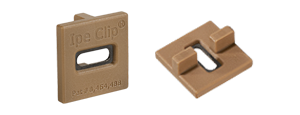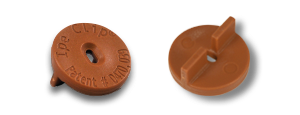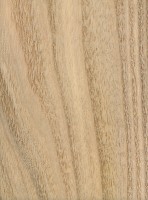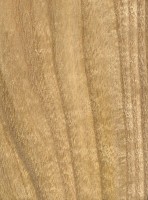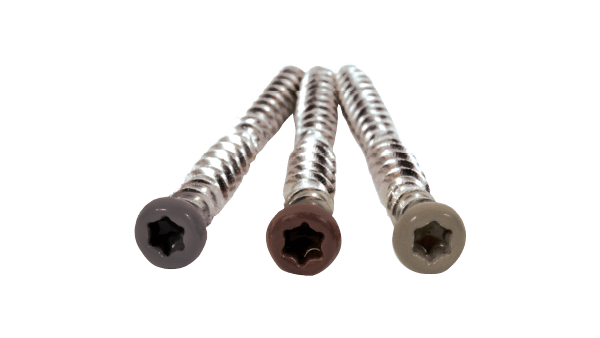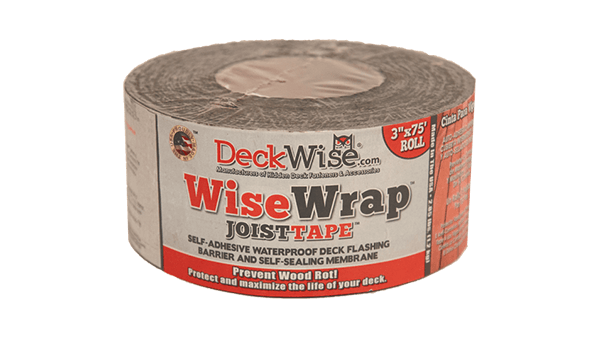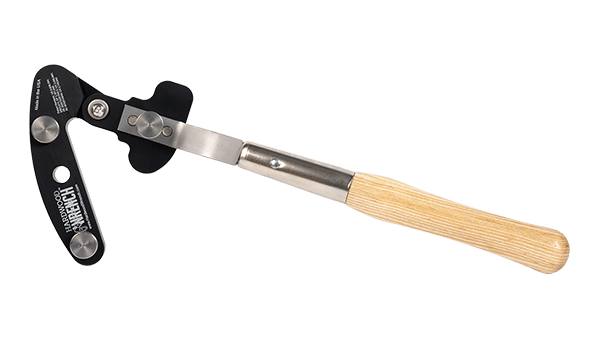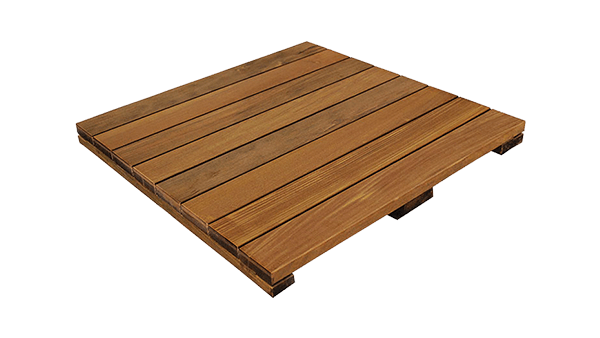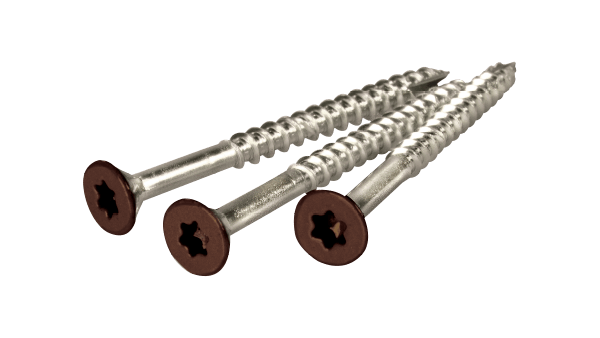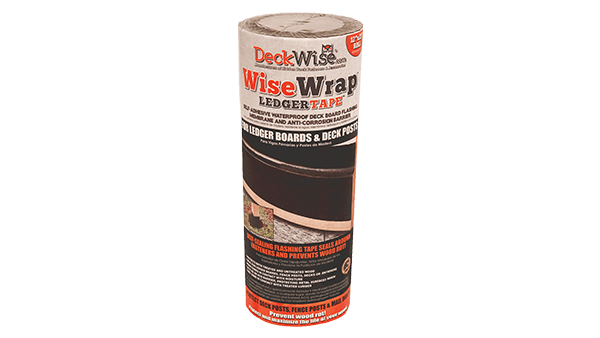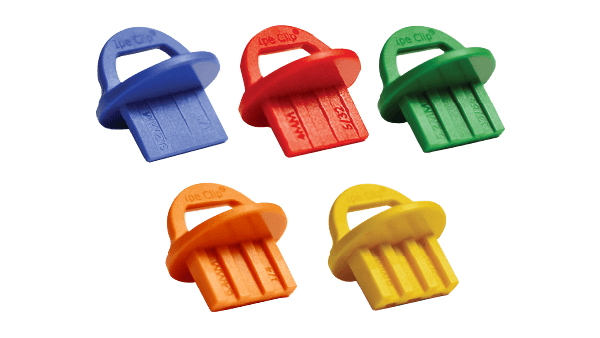There are a total of only eleven species worldwide, with only two species—Northern Catalpa and Southern Catalpa (C. speciosa and C. bignonioides, respectively)—native to North America. The genus gets its name from the Catawba Indian tribe’s name for the tree, (the tribe itself is also named after the tree). Catalpa is a popular ornamental tree, with showy flowers, broad leaves, and large, characteristic bean-like fruit; the latter of which lead some to refer to the trees as the Indian bean tree, or the cigar tree.
Catalpa is a somewhat underrated hardwood, not seen too often in lumber form. Unlike most other common carving woods, such as Butternut or Basswood, Catalpa is resistant to decay, and is more suited to outdoor carvings than other domestic species. Additionally, Catalpa has superb stability, with very low shrinkage rates, (though initial drying can be problematic, with checking a common problem on unsealed pieces).


